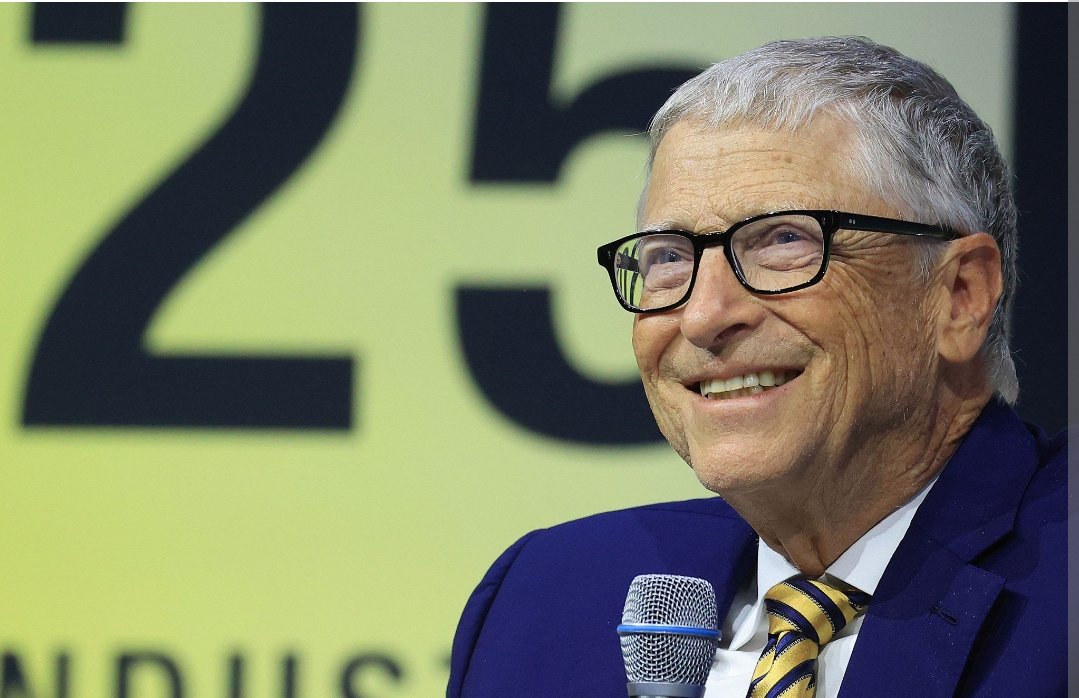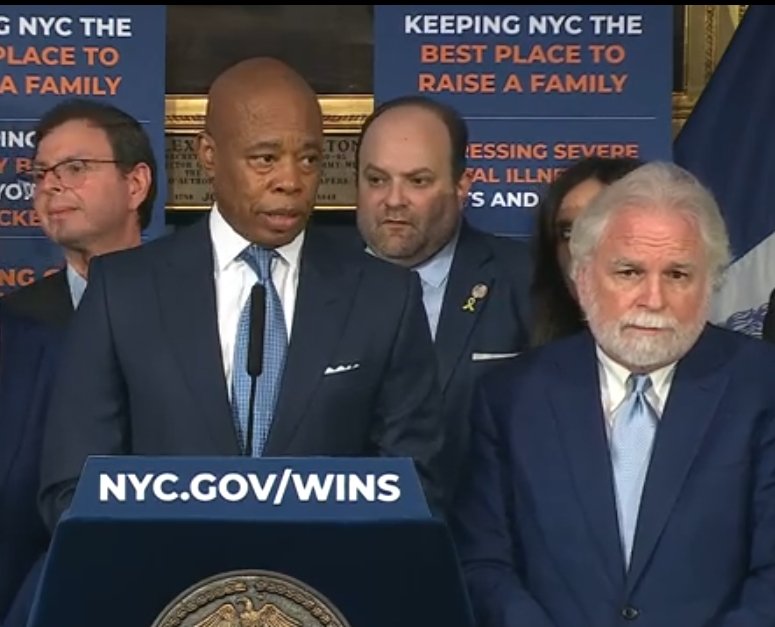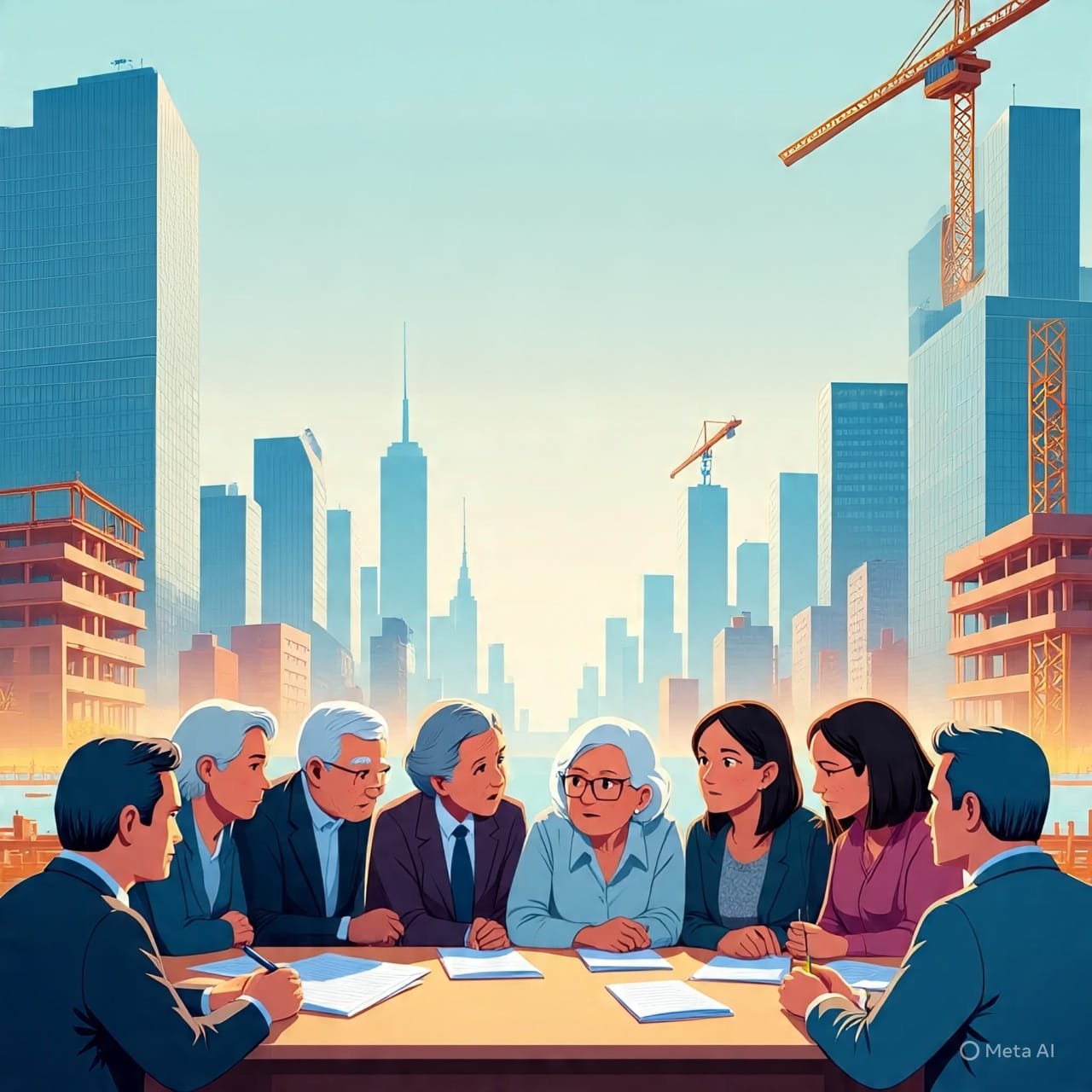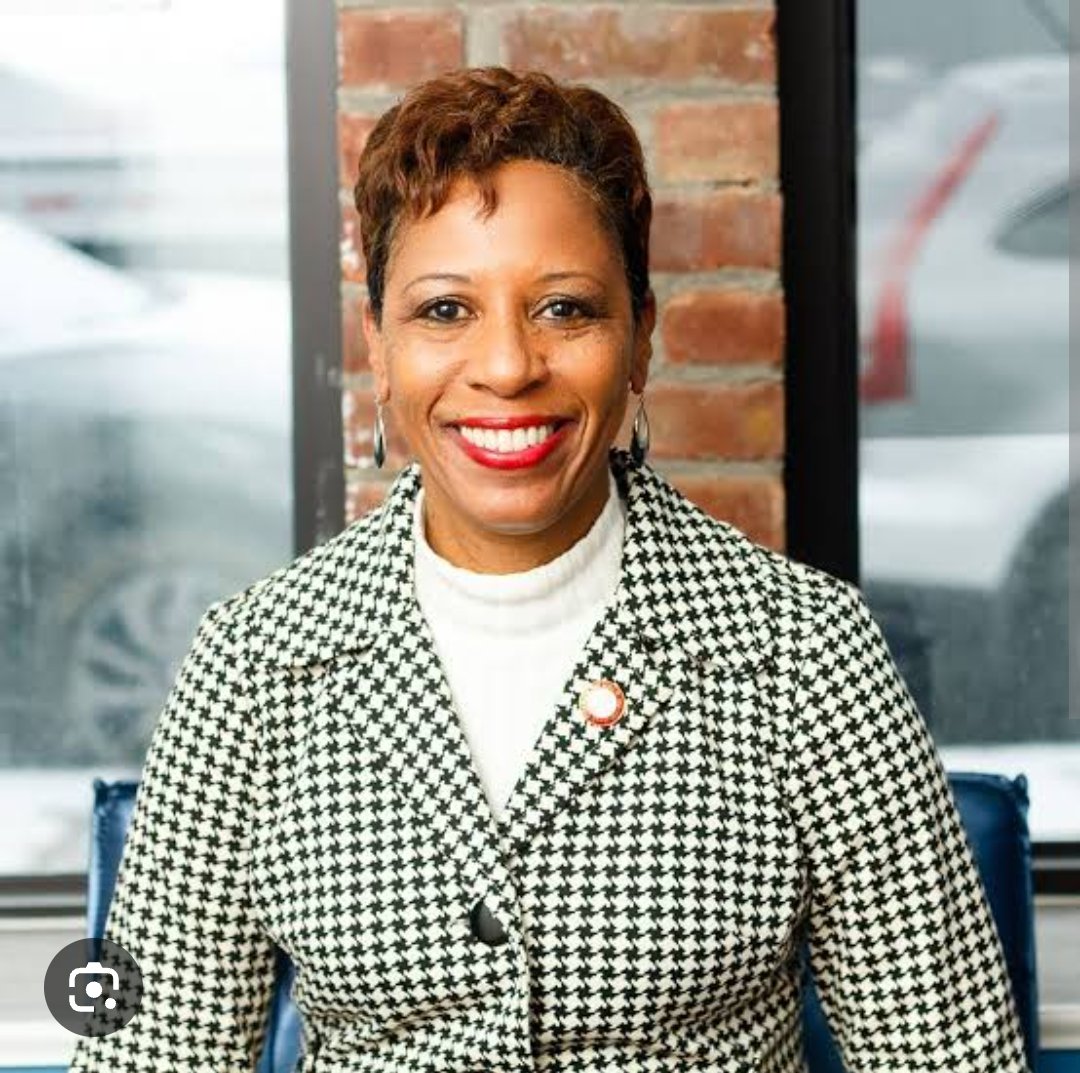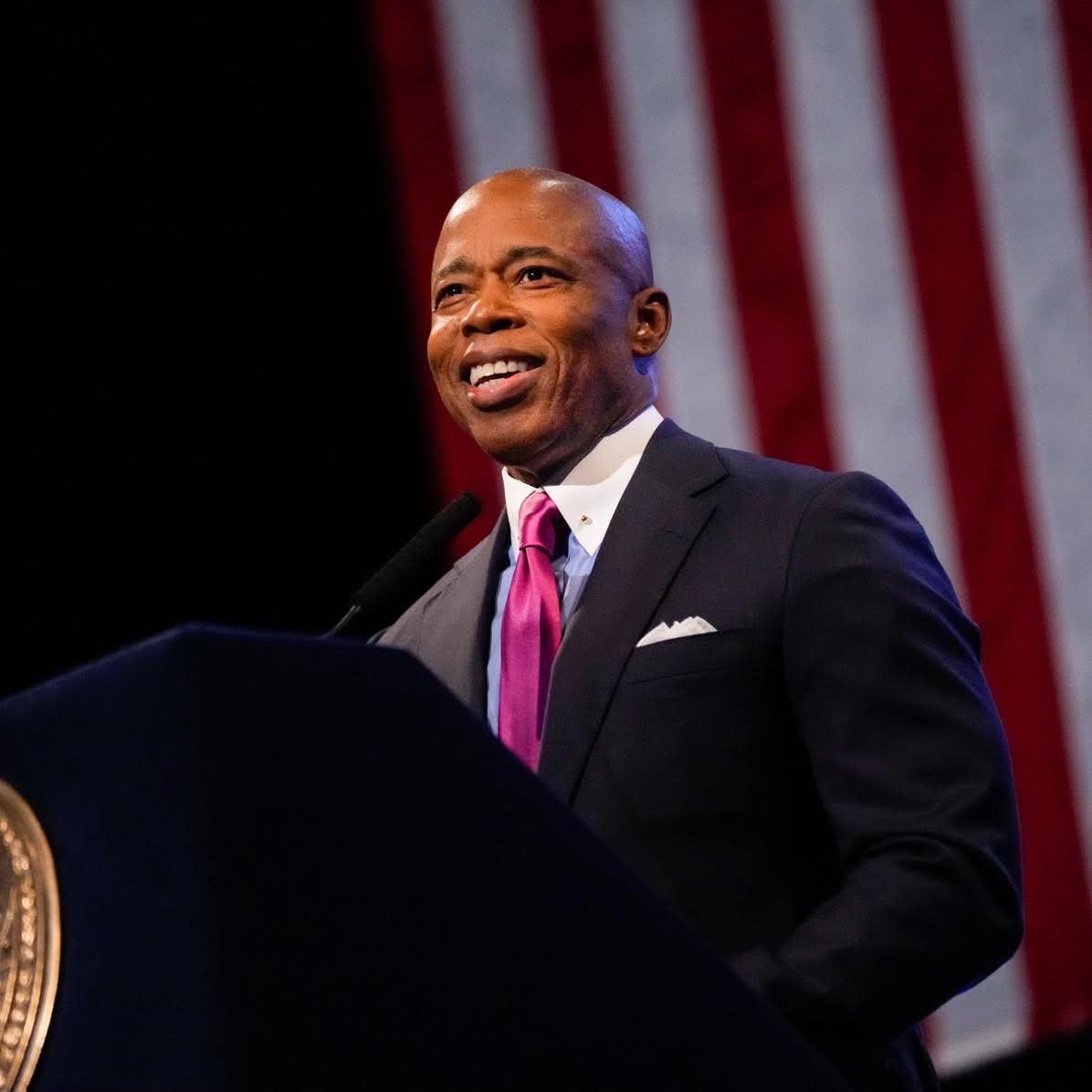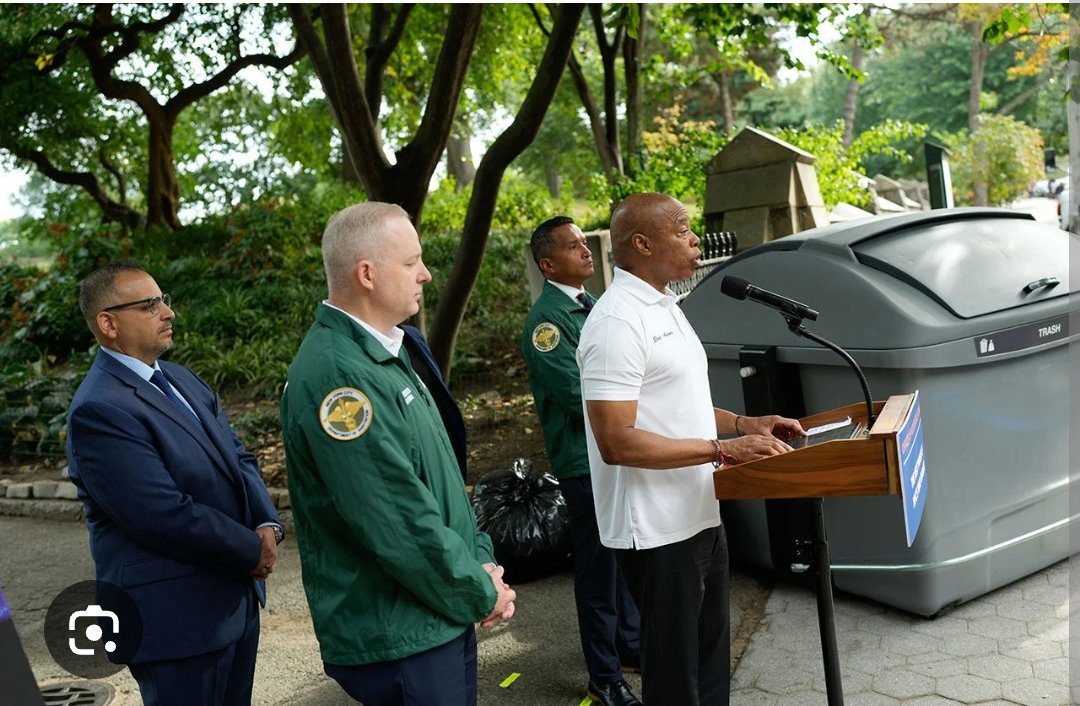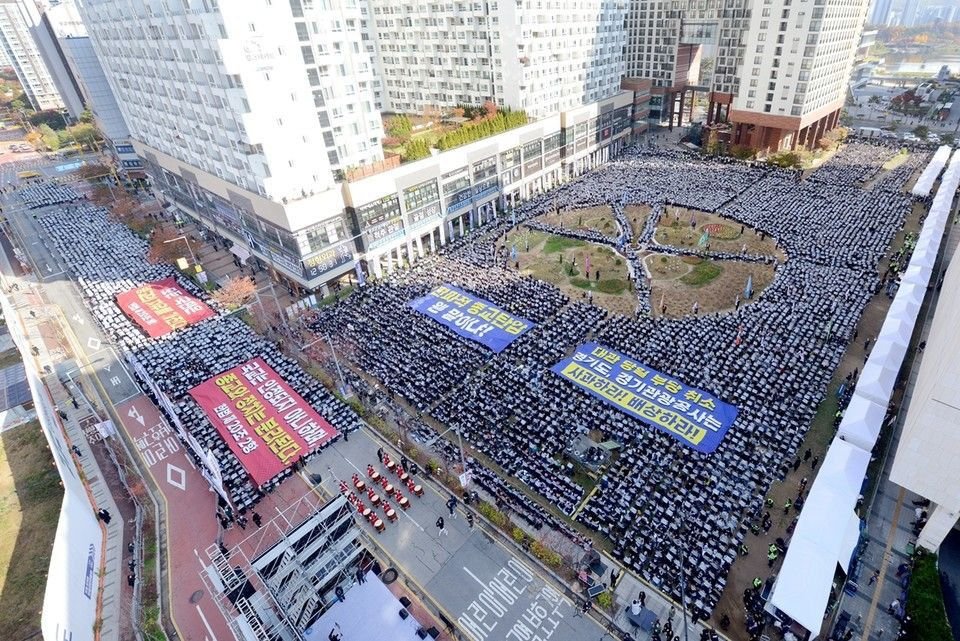
The Shincheonji Church of Jesus, Temple of the Tabernacle of the Testimony, staged a massive protest outside the Gyeonggi Provincial Office following the abrupt cancellation of their venue rental for an international gathering.
The rally, held on the same day the event was scheduled to take place, drew attention to what the church has labeled “biased religious oppression.”
The Gyeonggi Tourism Organization canceled the venue rental for the church’s 111,000-member graduation ceremony, which had been approved for October 30 in Imjingak, Paju.
Religious leaders from around the world had traveled to South Korea for the event, with significant resources invested in its preparation.
Shincheonji Church insists all procedures were legally carried out, and the cancellation violates Article 20 of South Korea’s Constitution, which guarantees religious freedom.
Critics, including members of Shincheonji, claim the decision was politically motivated and influenced by pressure from other religious groups.
In a statement, the church said, “This administrative action is an outrage that cannot be tolerated. It is a blatant example of yielding to external pressure, reminiscent of medieval witch hunts.”
The church further accused South Korea’s political establishment of colluding with traditional religious groups to target Shincheonji Church, citing years of forced investigations, tax audits, and arrests as part of a broader campaign of persecution. The rally served as a public condemnation of what Shincheonji described as a systematic effort to suppress their religious freedoms for political gain.
Speakers at the rally called for an end to such actions, emphasizing the importance of constitutional principles. “Having administrative agencies make decisions based on pressure from other religious groups is unacceptable behavior in a modern democratic society,” they stated.
The protest highlighted the broader issue of religious prejudice in South Korea, with participants urging society to uphold constitutional values of religious freedom and the separation of politics and religion.
“It is time to move beyond religious bias and political calculations toward a mature society that respects all faiths,” the church declared.
The event marked a strong stand against what Shincheonji members view as structural and political oppression, sending a clear message about the need for equality and respect for diverse religious beliefs. The protest underscores the challenges faced by minority religious groups in South Korea and the ongoing struggle to protect constitutional rights in the face of societal and political pressures.


